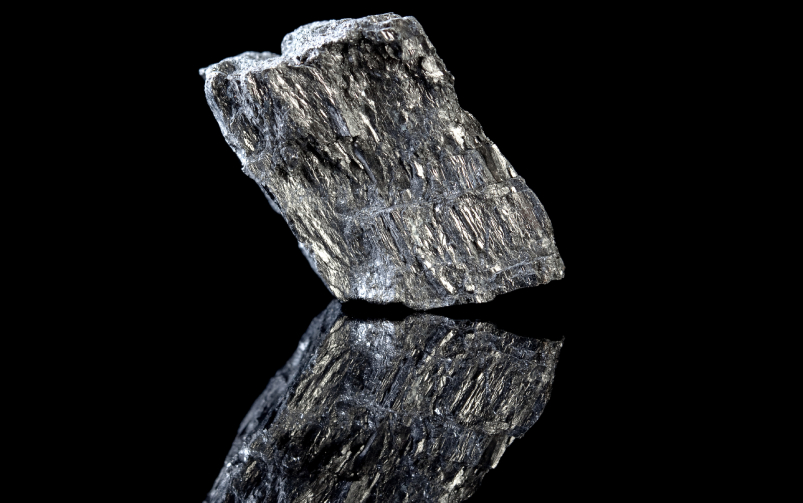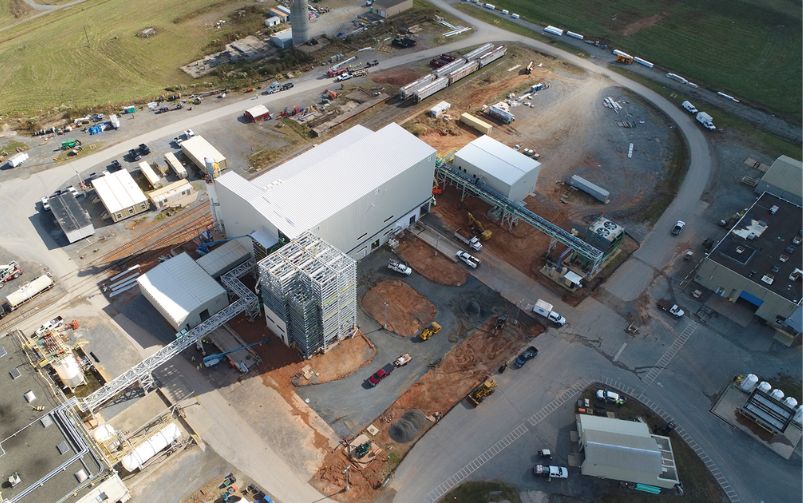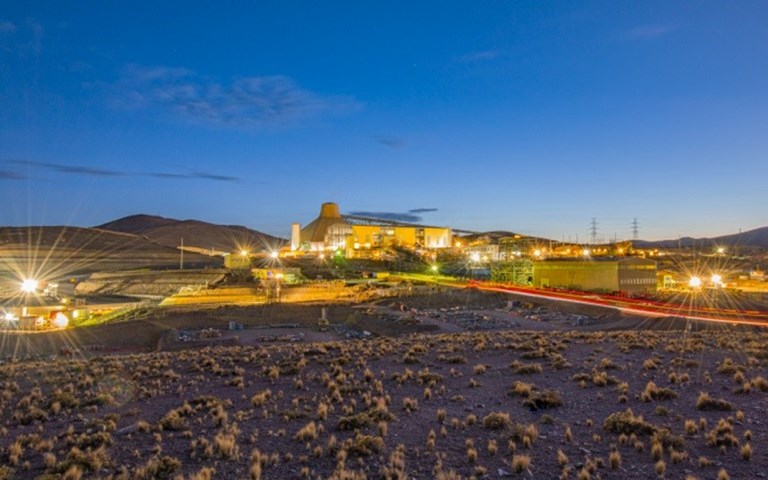Teck rejected Glencore's merger offer just days after announcing its Quebrada Blanca 2 project in Chile had produced its first bulk copper concentrate. Courtesy of Teck Resources.
Teck Resources rejected an unsolicited US$23.1 billion merger proposal from Glencore on Monday that would have seen Glencore acquire Teck and then create two standalone businesses, one metals-focused and one a thermal and metallurgical coal miner.
Glencore offered 7.78 Glencore shares for each Teck Class B subordinate voting share and 12.73 Glencore shares for each Teck Class A common share, which represented a 20 per cent premium for both on the date of the offer. If accepted, Glencore shareholders would own roughly 76 per cent of the merged entities and Teck shareholders the other 24 per cent.
The proposal would merge the two companies and simultaneously spin out the combined thermal and metallurgical coal and ferro-alloy operations of the merged company into a new publicly traded company. The remaining company would include Glencore’s and Teck’s base metals operations and Glencore’s oil and other commodity trading business.
Teck called the offer “opportunistic” and took issue with exposing its shareholders to Glencore’s thermal coal assets and higher jurisdictional risk, as well as with including oil trading in the metals business – something it said reversed its own efforts to get out of oil.
“The Glencore proposal would expose Teck shareholders to a large thermal coal business, an oil trading business and significant jurisdictional risk, all of which would negatively impact the value potential of Teck’s business, [and] is contrary to our ESG commitments and would transfer significant value to Glencore at the expense of Teck shareholders,” said Jonathan Price, Teck’s CEO, in a press release yesterday.
Teck said in the press release that its board of directors conducted a detailed review of the proposal and decided its own recently announced plan to spin off its metallurgical coal assets into a standalone business, Elk Valley Resources (EVR), and rename itself Teck Metals, would provide its shareholders with a better opportunity.
“The board is not contemplating a sale of the company at this time. We believe that our planned separation creates a greater spectrum of opportunities to maximize value for Teck shareholders,” said Sheila Murray, Teck’s chair of the board. “The special committee and board remain confident that the proposed separation into Teck Metals and Elk Valley Resources is in the best interests of Teck and all its stakeholders, is a much more compelling transaction and does not limit our optionality going forward.”
Related: According to a study from S&P Global, even in the most optimistic scenario, much needs to be done for copper supply to meet upcoming demand
Glencore said in its own release on Monday that the two companies its proposal contemplates would have “substantially larger and more diversified portfolios of assets” than Teck Metals and EVR, and the metals-focused business would have a “leading position in the critical minerals required for the energy transition.” It estimated the transaction would create US$4.25 to $5.25 billion of post-tax synergy value through marketing, operations and overhead optimizations.
It also argued that unlike Teck’s proposed coal spin-off, a company created from their collective coal assets “would have no ongoing financial obligation to [the metals business].” Teck’s spin-off proposal would see Teck Metals receive quarterly payments, which consist of royalty payments and preferred share redemption amounts, that equal 90 per cent of EVR’s free cash flow.
Norman Keevil, Teck’s chairman emeritus and a majority shareholder in Teck, said in a separate press release he remained “fully committed” to Teck’s own spin-off proposal and “unequivocally support[ed] the board’s decision to reject Glencore’s unsolicited offer. Now is not the time to explore a transaction of this nature.”
Teck announced days prior that its Quebrada Blanca Phase 2 project (QB2) in Chile produced its first bulk copper concentrate. The project is ramping up to full production over the course of 2023. QB2 is expected to produce between 285,000 and 315,000 tonnes of copper annually between 2024 and 2026. The company has pegged the project’s initial mine life at 27 years based on roughly 18 per cent of its 2022 reserves and resource tonnage, and said it has “significant potential for future growth.”
QB2 is one of the world’s largest undeveloped copper resources and Teck said the operation will double its copper production.
“First copper concentrate production at QB2 is an important milestone as we advance our commissioning and ramp up plans towards full production this year,” said Price.
Teck owns an indirect 60 per cent interest in the owner of QB2, Compañía Minera Teck Quebrada Blanca SA (QBSA), while Sumitomo Metal Mining and Sumitomo Corporation have a collective indirect 30 per cent interest in QBSA. ENAMI has the remaining 10 per cent non-funding interest in QBSA.




